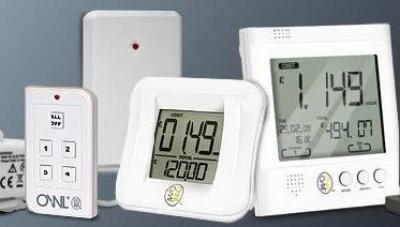Engineers: Smart Meters Must Be Part Of Wider Plan

Smart meters will not provide the changes needed unless they are part of a smart grid, warns the IET
Smart meters will not lead to real changes in energy consumption patterns unless they are part of a wider system that is itself smarter, according to the UK’s largest professional society of engineers.
The Institution of Engineering and Technology (IET), which is hosting a conference in London this week on smart meters, said consumers must be actively involved in the smart metering rollout and must understand that the meters themselves must be part of a wider plan – a smart grid.
“Only then will smart meters allow electricity demand to play an active role in the wider system by enabling demand to balance with supply,” the IET said in a statement.
Balancing supply and demand
“In coming months… industry will need to deliver a secure, workable and future-proof system on a very large scale, in an environment of rapid change,” said IET spokesman Professor Simon Harrison, in a statement. “Getting all this right is not at all easy, but given the inevitable changes to energy supply and use in coming years it’s absolutely vital both for our future energy system and for the confidence of customers.”
The smart grid must accomodate the increased use of renewables, more efficient use of energy, and potentially large increases in electricity demand for vehicle charging and heat pumps, according to the IET.
The power industry must also work with consumers to get them involved in the changes, the IET said.
“Creating understanding and trust between the industry and consumers is vital in order to address concerns over data privacy and to realise consumers’ desire for financial savings,” the IET stated.
Energy crisis
Last September John Granger, general manager, for IBM’s Global Business Systems in North-East Europe, said everything is in place for smart power grids that could stave off a looming energy crisis.
Smart meters have been proposed as a way to help this by reducing demand. Several governments have promised to roll them out, and the current UK government has accelerated this as a way to manage power demand and cut waste.
However, the idea has been criticised, both for the potential security risks, and for the sheer difficulty of doing anything useful with a flood of smart meter data.
Granger made the point very strongly that the looming energy crisis was so critical, a solution would be needed – and presented results from a US trial designed to dispel doubts about the ability of smart meters.
In one US study, smart meters put into 150 homes reduced their peak demand by 50 percent and their overall electricity usage by 15 percent. If that could be scaled up to the whole country, it would save $70 billion a year, said Granger
